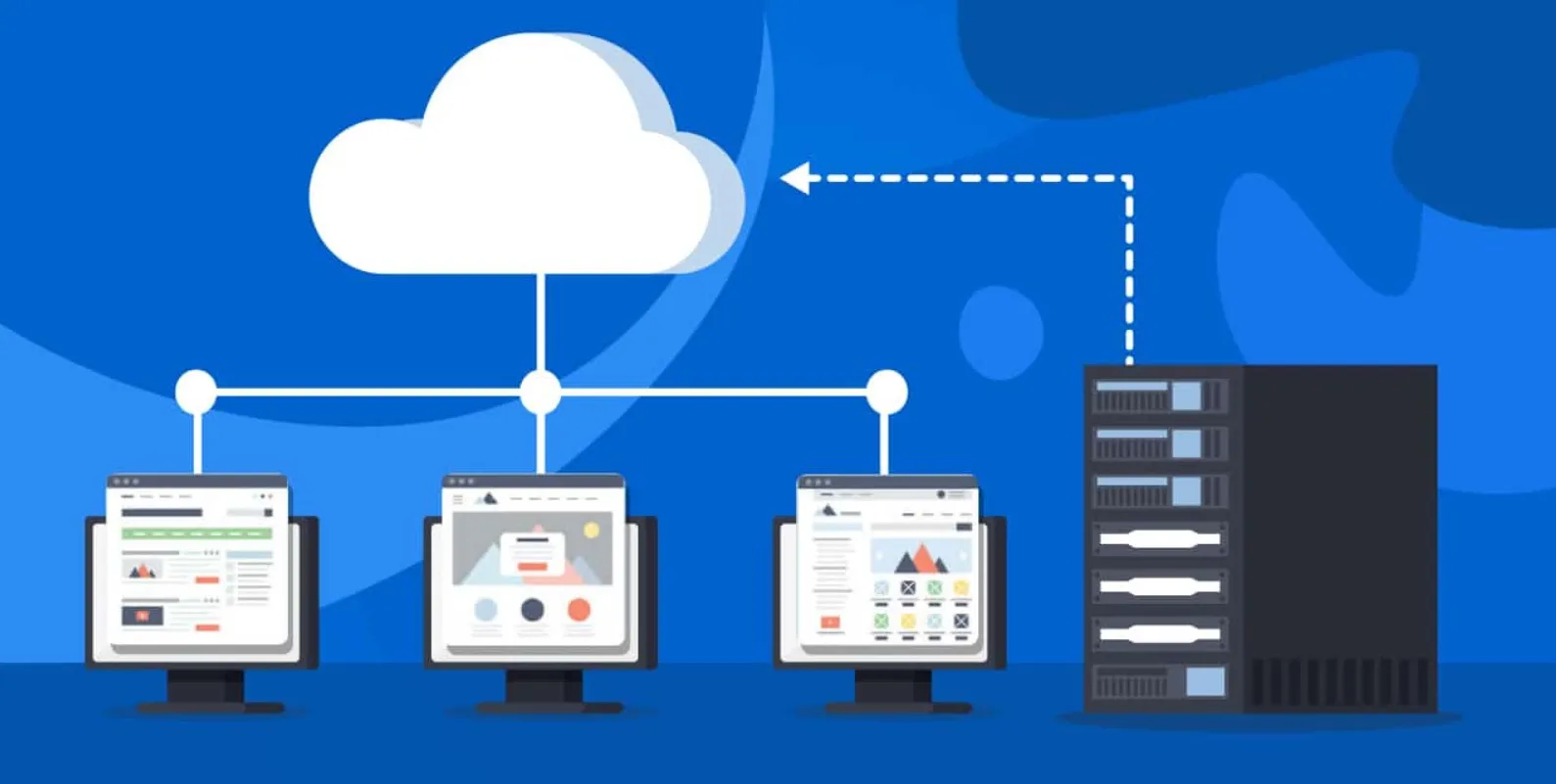Shared hosting is a fantastic alternative for smaller companies or personal websites. It offers a server space that is shared by many websites and is more affordable than other hosting solutions. There are a few things to have in mind before selecting a shared hosting provider and a plan.
Here are some pointers and techniques to make the process easier.
Compare before you commit
One of the best ways to compare hosting services is to look at reviews of different hosting providers. Keep in mind that on some websites, anyone may publish a review without having to prove they were a real customer. For this reason, try to find verified sources.
There are many sites that offer professional reviews of companies like Godaddy, Bluehost, and so on. Make sure you read at least several reviews and compare before you commit to a company.
Think about the future
When choosing a shared server plan, it is crucial to take future needs into account. Even though you might have a smaller business or you are just starting your website, and a shared server is a great fit for you, in time, they will grow.
As your website grows, the need for additional resources will grow. That is why it is important to choose a more moderate plan instead of going for the cheapest one right from the bat. When you have a cheaper plan and your website needs more resources, you will be prone to pay for add-ons which will be more costly in the end.
Key factors to look for
As we mentioned before, choosing a cheaper plan is not great for future growth since it can lead to high unnecessary charges via add-ons. Shared servers have a wide range of resources they offer, a good hosting experience can be had by picking a server based on uptime, performance, and security.
1. High Uptime
Your website uptime is the most crucial benchmark to keep track of, especially if your website is the only thing that is generating you revenue. It is a pivotal component of website management. To put it simply, if no one is able to access your website, all your efforts will be for nothing.
To make sure your website is accessible to visitors, you need to choose a host with high uptime.
The reputation of your website is more valuable than money, thus, if you have to select between two servers based on cost and efficiency, go with the host with the higher efficiency rating even if it is more expensive.
2. Good security measures
Shared hosting users, as we know, share their server resources with other websites. But, one thing that is never shared is sensitive data and information.
Each user is provided with their own account and permissions that they can utilize through an appointed directory. Each directory is specific to its respective user and not accessible by others.
Some host providers have supplementary security measures in place, such as different layers of security on top of each department. Meaning each user has its own space or department on that one shared server that is additional security in order to protect their users from hackers and cyber security breaches.
3. Responsive customer service
Customer service is another key factor to look into. You need good customer service to help you out when you are setting up your website to go live and troubleshooting any issues that may arise.
It is good to confirm that the shared host provides both email-based help tickets as well a 24/7 call or chat service. Ask them about their policies before joining up if you have any doubts in order to avoid unpleasant surprises later on.
Conclusion
Looking through different shared hostings can be quite exhausting and time-consuming. For small business owners and start-ups, selecting a shared hosting plan is crucial since it enables you to keep starting costs low while upgrading as your website’s growth requires.
Make sure the host you choose offers reliable time and speed solutions that satisfy your demands both right now and in the long term. Remember that cost should not be your only consideration; security should also be taken into account. Leaving your website vulnerable to security breaches due to inadequate security can harm your reputation.

